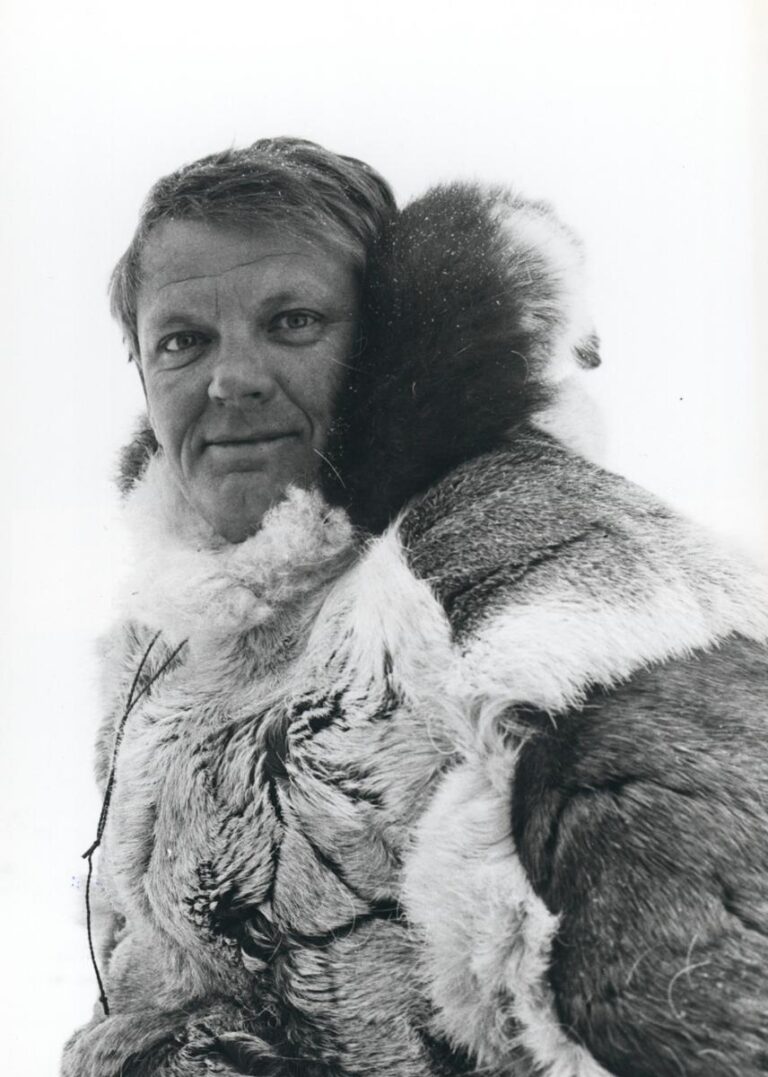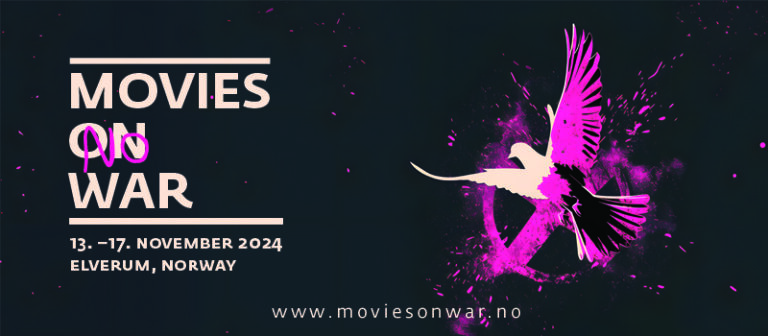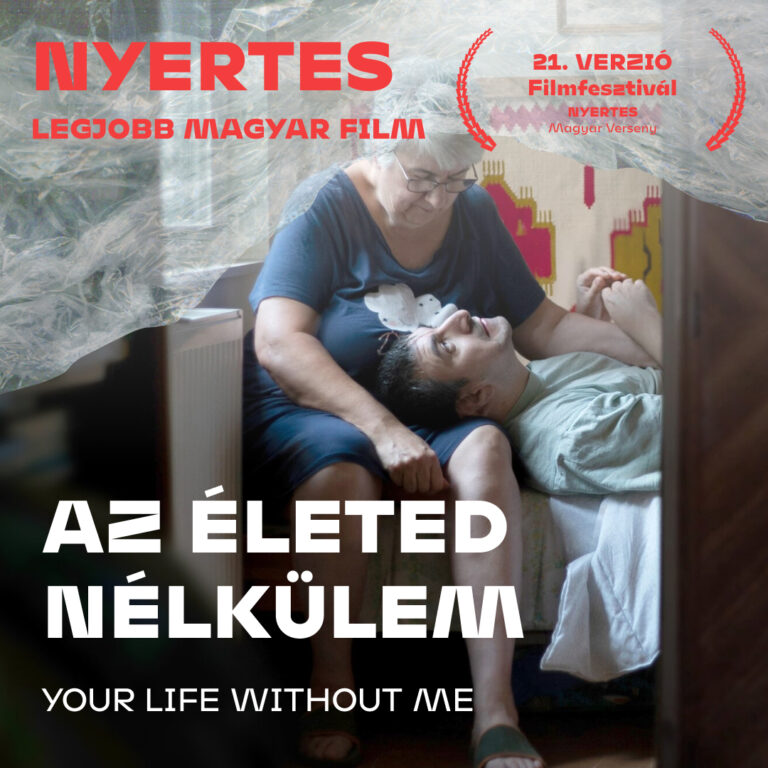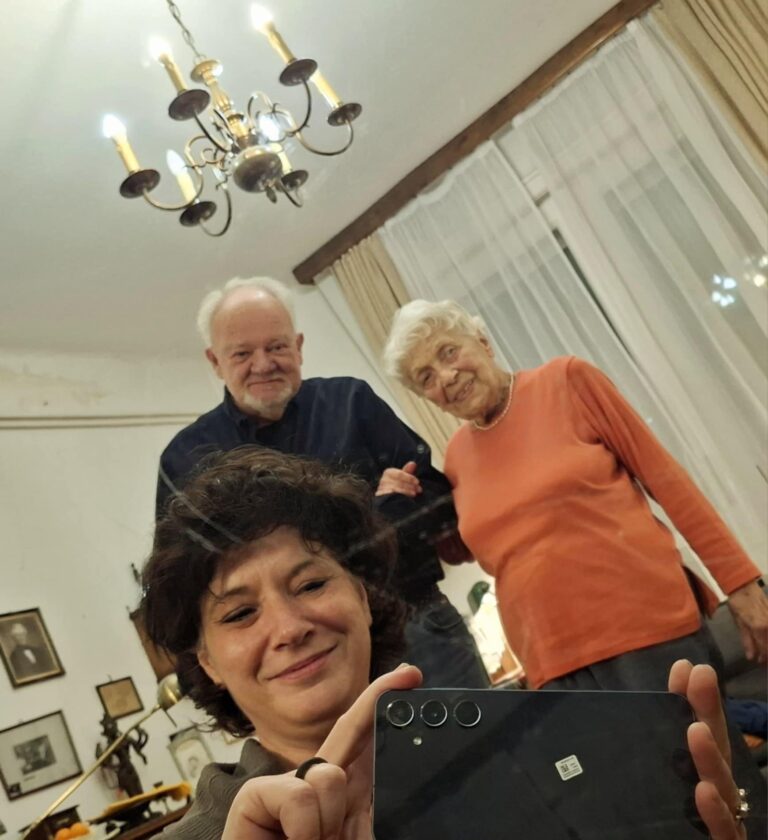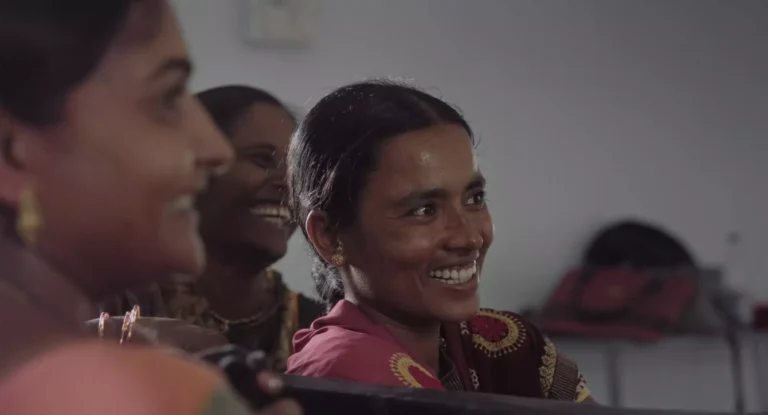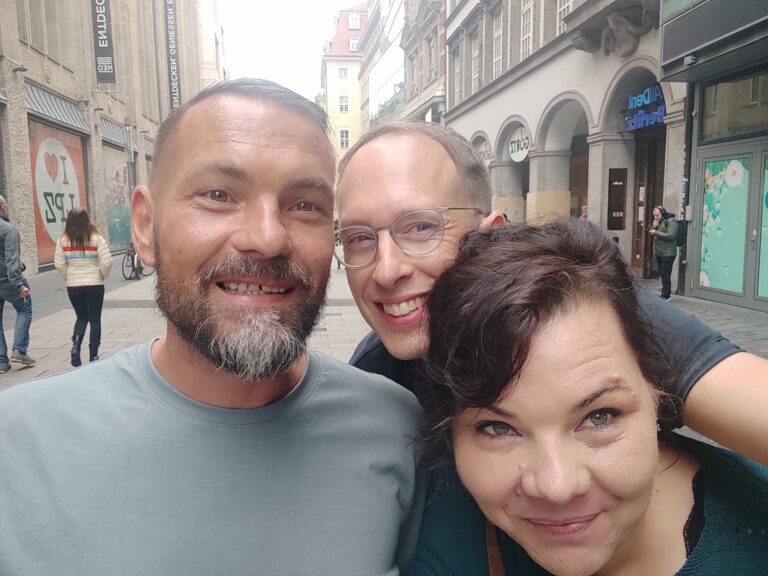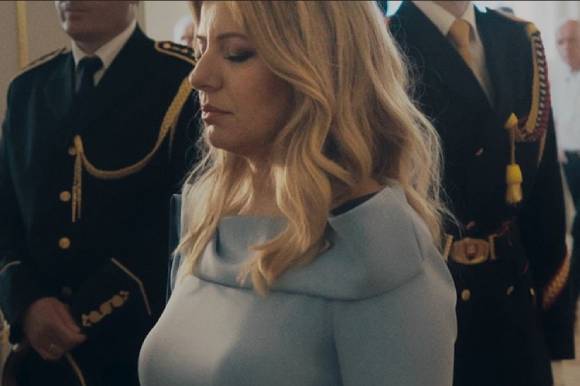


Eliza Kubarska: The Last Expedition
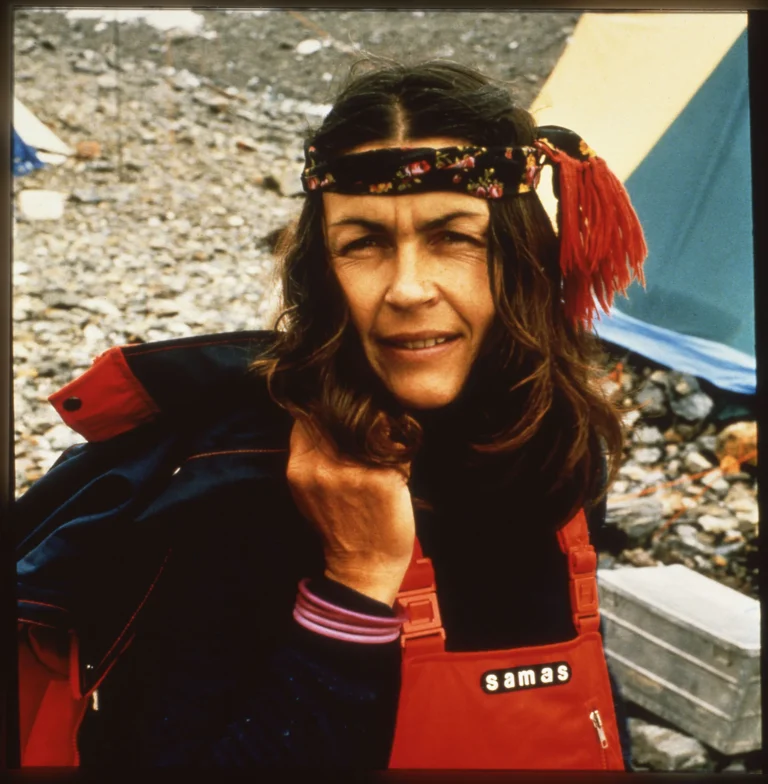
… which was in 1992 in Nepal at Kanchenjunga, the world’s third highest mountain, that Wanda Rutkiewicz wished to “conquer”, a word she hated as you can read below. The legendary Polish mountaineer, who had “taken” K2 and reached the summit of Mount Everest, went for Kanchenjunga and if she made it or not, that is the question being raised. She disappeared and was not found. Kubarska, a climber herself, and an award-winning director and cinematographer, specialising in mountaineering films, stands behind this film that has unique archive material with Wanda – visuals and texts from diaries – sets out to find out if she is still alive. She meets monks and talks to other mountaineers like the famous Reinhold Messner. However, what makes the film watchable and fascinating is Wanda herself, a charismatic woman, who has opinions about her profession and the male world of mountaineering that she met again and again. She has a tough family story, she was married twice, and when she finally met the man of her life, Kurt, he died in an accident. The film lacks a flow, however, it seems that Kubarska is doubtful to her role in the film even if she starts indicating her role as the searcher, she – sorry – disappears as well and we are left with Wanda and the archive. Which is wonderful in many ways.
Kubarska, however again, has written a great “statement of the director”, that goes like this, taken from the press kit:
I first learned about Wanda Rutkiewicz from my mother, who, despite having no connection to mountains or sports, spoke of this extraordinary woman who conquered the highest Hima-
layan peaks before men did. For women of our mothers’ generation, Wanda became a symbol of a free woman, navigating her own path despite numerous challenges. Wanda was the first person from Poland to summit Everest in 1978 at a time when men believed that “babes can’t climb.” She continued to break barriers, becoming the first woman in the world to reach K2 in 1986. It was difficult for me to understand why the mountain community and the public opinion did not celebrate this fact. The first woman to climb the world’s most difficult peak, a pioneer of women’s expeditions, could be as famous as Reinhold Mess-
ner. Yet, she is not. Why?
I began to wonder what price Wanda paid for her love of freedom. Two years ago, a journalist publicly referred to her as a “monster woman.” He justified this by attributing to her characteristics typically associated with strong male expedition leaders. Her ambition was often mischaracterised as stubbornness, and her leadership style was perceived as combative.
She was very attractive. Some men went so far as to suggest they would prefer her in their
sleeping bag than on the summit of K2. Yet, Wanda remained focused on her goals.
This reality shocked me.
The climbing community is a conservative group; full of men, adrenaline and testosterone.
The language used is often militaristic, referring to “conquering” peaks. Wanda already talk-
ed about this in interviews during the 1980s, asserting that she could not “conquer” a moun-
tain because she was not a soldier; instead, she expressed gratitude for being allowed to climb to the top.
For me as a filmmaker this story began in 1990, two years before Wanda disappeared. At
that time, she embarked on her ambitious «Caravan for Dreams» project, aiming to become
the first person in the world to climb eight of the eight-thousanders in one year. Her dream
was dismissed by a large part of the community as impossible. However, we now know that it
can be done; in 2019, Nepali climber Nirmal Purja achieved this feat in just 189 days, with
modern technology and equipment.
She had already been to six important peaks in the Himalayas, gained recognition, and
made her dreams come true. And she now realised that she would never be a mother. It would
be impossible for her. She couldn’t give birth to a child and be on an expedition at the same
time. A mature Wanda meets the man of her life, Kurt Lyncke-Krüger, a German neurologist.
She stated that she was ready to give up a lot for him, her mountain plans, that she would
even like to have a child with him. Wanda knew no moderation. This great, romantic love
wound end tragically: a couple in love, they set off to Broad Peak together, dreaming of a kiss
at the top. Kurt is not an experienced climber; he falls and dies before Wanda’s eyes.
Shortly thereafter, doubts arose regarding her solo ascent of Annapurna. Although experts
stated that there was no doubt that she had reached the top, scepticism persisted among the
climbing community and the public. Facts seemed irrelevant. She experienced ostracism.
As a climber myself, I understand this environment from a woman’s perspective and can
relate to the challenges she faced. I am acutely aware of what Wanda experienced mentally
before her last expedition to Kanchenjunga just four months after Annapurna. Like Wanda, I
have faced slander and false accusations in the climbing world—a devastating experience
that can take years to overcome. Even today, despite efforts to vindicate her legacy, the mud
thrown at Wanda still clings to her name.
As a woman who climbs and has experienced hate and exclusion, I chose to draw upon my
own experiences in creating “The Last Expedition.” This sensitivity informs my portrayal of
Wanda’s story. The starting point for telling this story is the premise that Wanda did not die but instead
entered a Buddhist monastery in the Himalayas as some people say – a notion supported by
insights from her diaries, suggesting she may have wished to disappear. The central question
of the film is why Wanda might not have wanted to return. What happened in the life of this accomplished, educated, and beautiful woman that led her to consider disappearing? Ulti-
mately, loneliness and exclusion marked her journey.
When I discovered Wanda’s previously unheard audio diaries, I realised I had unearthed a
treasure that would allow me to tell a true story about Wanda. In them, I found the real Wanda,
a mature woman. A recording from a few months before she disappeared reveals the state of
her soul and the emotions that accompanied her at that time. We hear a woman who is lonely,
lost, questioning many of her own earlier choices, wondering about the meaning of mountain
expeditions. We witness her as she reflects on motherhood, male-female relationships, and
love.
Was it worth it? This is the question I pose at the conclusion of my film. In my view, she paid
a terrible price for her pursuits. But on the other hand, when I reflect on her life, I think: you did
it, woman!
Poland, Switzerland, 2024, 85 mins.
